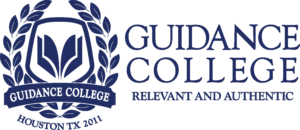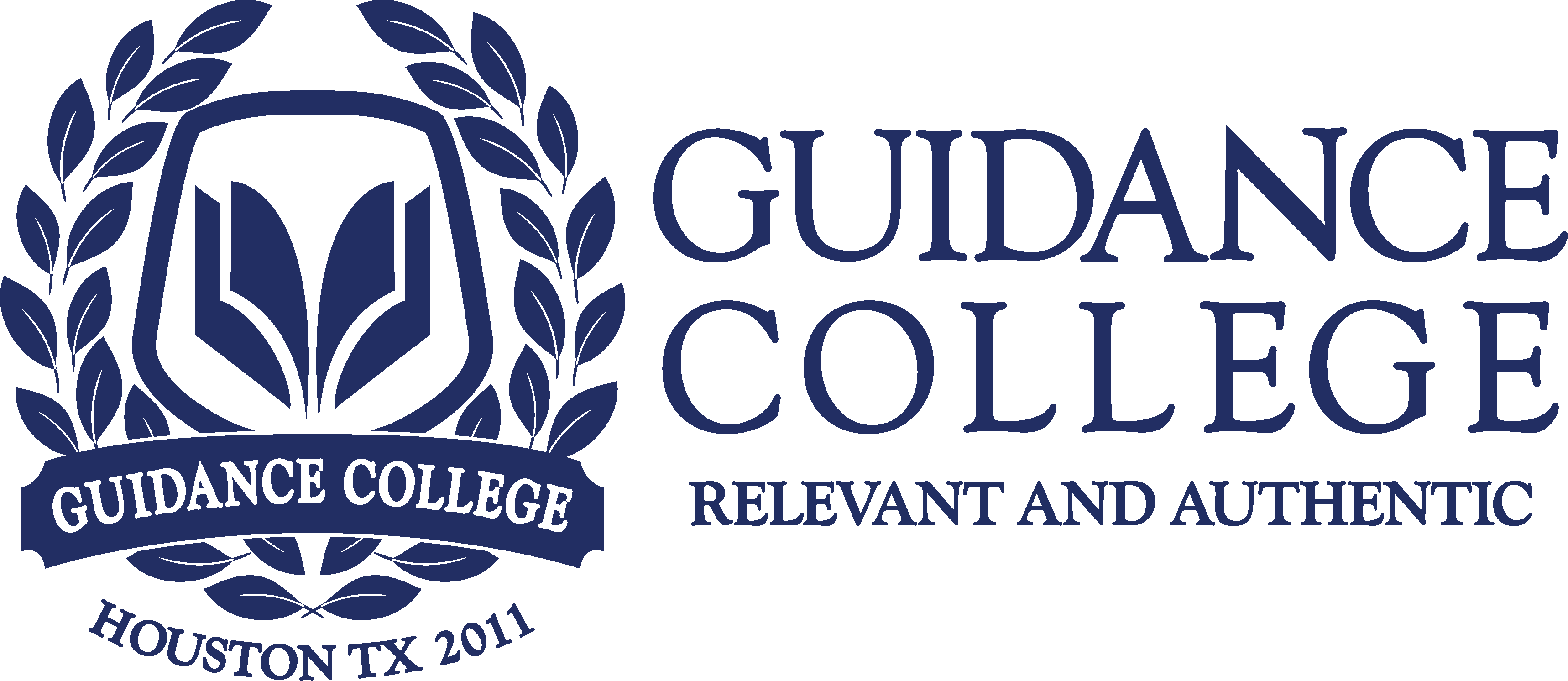COM401 INTERPERSONAL COMMUNICATION
Course Description:
The power of speech includes interpersonal communication. Learning how to articulate one’ self is extremely important in the field of Da’wa and any other field that deal with human beings. We are social beings who function well only when we are part of a community and/or a society. Day to day interactions with people is not a choice, but a must on every individual young or old. Therefore knowing how to approach people and discuss with them on a variety of topics is extremely important. It allows us as individuals to grow and to increase the scope of our acquaintances. It also gives us a sense of belonging and sharing with others what we believe is good for us and our loved ones.
This interaction with others responds to certain rules defined by the society in general and the group in particular. One needs to understand these rules so that he or she can engage in discussions and conversations with ease and confidence never breaking rules or embarrassing his fellow men and women. The milieu in which we live and operate has its own language and set of idioms and expressions. Understanding these gives an edge to the orator, the person who engages others in speech and critical thinking. Proper vocabulary and language structure is a necessity in being articulate. More than that, learning what type of information to deliver, how to deliver it, and when to deliver it would put you at the edge of convincing others that what you say is the truth.
Words of truth speak by themselves, but it is the human vector that conveys them. People in general will buy into you before buying into what you say. Always remember this.
Course Code: COM401
Credit hours: 3
Pre-Requisites: None
Learning Objectives:
- Learn how to approach people and convey to them the message of Islam in its purity and simplicity.
- Students should be able to:
- Engage easily and freely in discussions with Muslims and non-Muslims
- Depict the message of Islam in simple words.
- Understand their audience, even if it is one person only, and use appropriate allocutions, phrases and words to conduct a peaceful dialogue on faiths.
- Understand the major differences that exist between Islam, Christianity, and Judaism.
- Properly understand:
- Creed or Aqeedah in its simplest form.
- Religious terminology as it pertains to the Quran and other religious books.
- Stereotypes about Islam and the Muslims.
- How to diffuse tension in a dialogue or a debate (lower the heat).
- Saying “I don’t know” when we really don’t know.
- Nature of people and how important each individual is to himself or herself.
Course Outline:
- Messenger: Qualifications of the Dae’yah: sincerity, knowledge, and manners.
- Message: Islam as a way of life; Creed, rituals, manners, and different systems (social, economic, family law, governance, political, international relationship, military,…. etc).
- Recipients: The American society and its particularities; multi-cultural & religious society, secular in general, people of different faiths’ denominations; Catholic, Protestant,…etc.
- Methods: direct contact (hospitals, correctional facilities, neighbors, law enforcement, work place, market place), public speaking, interfaith dialogue groups, religious studies programs in different universities.
- Civic engagement & political participation as methods of Da’wah.
- Education field as a potential target.
- Misconceptions & refuting them.

